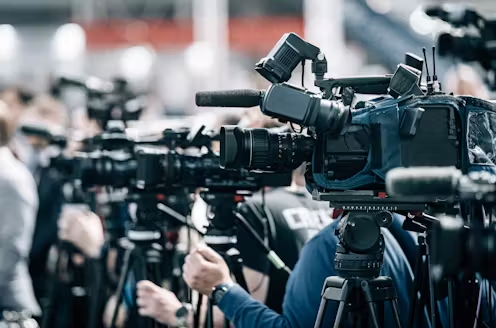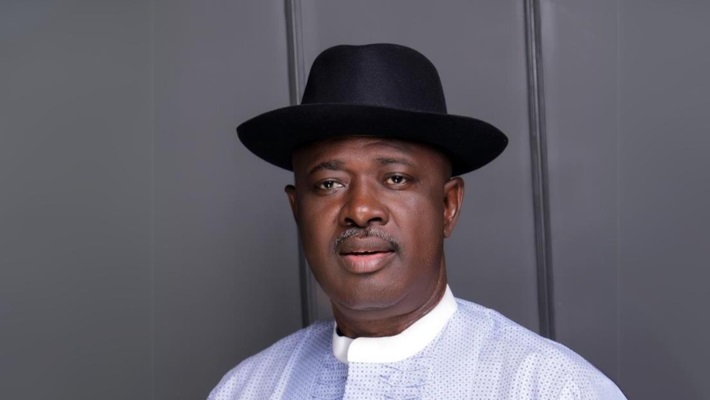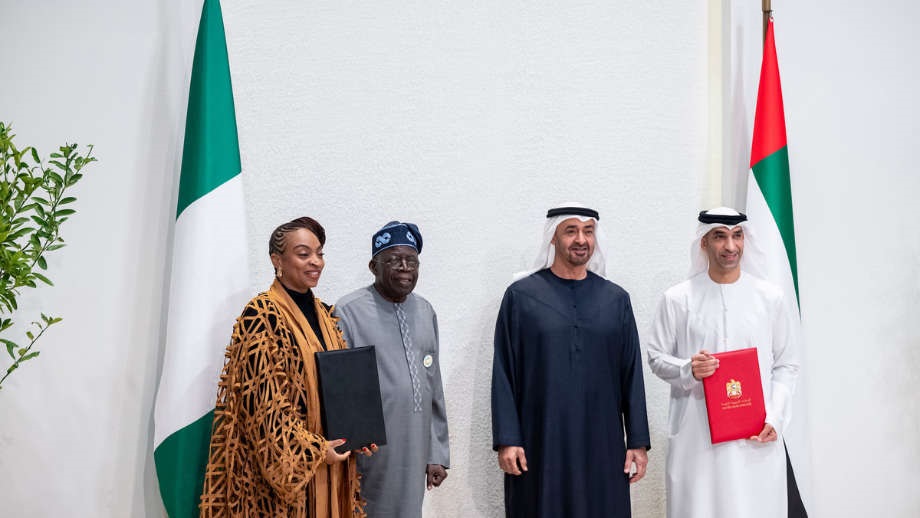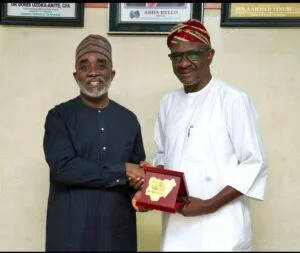Mrs Adwoa Kufour-Owusu, senior human rights adviser, office of the UN Resident and Humanitarian Coordinator, says journalists have pivotal roles to play in shaping public opinions and policy making.
Kufour-Owusu said this at a-two-day training organised by the National Human Rights Commission (NHRC) for capacity building on human rights-based approach to migration.
The event is also in partnership with the Office of the UN resident and humanitarian coordinator, UN office on Drugs and Crime (UNODC) and the kingdom of the Netherlands.
The training is to promote the Protection of Migrants (PROMIS) project.
The project is aimed at strengthening the capacities of West African states to develop a human rights-based response to smuggling of migrants (and related crimes).
The project is to effectively combat human rights violations related to irregular migration in West Africa.
Making the media allies in reporting on migration, according to Kufour-Owusu is the aim of the training.
“No country is impervious to fake news, misinformation and stigmatisation.
” Studies have shown that Nigerian media outlets representation of migrants issues have been patchy” she said.
This PROMIS project, according to her is a joint endeavour between OHCHR and UNDOC with the support of Netherlands.
She said the overall objective of the training was to build the capacity of journalists and media practitioners in Nigeria, working in the fields of human rights and migration
” To quote the High Commissioner for Human Rights, “When I think of the values of journalism, I think of trust, truth and integrity. I think of the countless, fearless individuals daring to question.In essence, we think of a human rights defender.
” This is why the capacity of journalists to report the experiences of everyone in society fairly is so critical.
” Among other challenges, the frequency of newspaper coverage of migrants is often low and that when they are reported, migrants are not quoted or interviewed.
She said journalists often rely heavily on government sources.
Kufour-Owusu added that there is also little attention given to why migrants were migrating in the first place.
She said often, migrants are described in reports as “returnees”, “evacuees”, “stranded Nigerians abroad”, or “illegal migrants” without contextualisation.
” Migrants are portrayed as vulnerable or stranded individuals in need of rescue or intervention.
” Of course, media houses are not all the same, with your different editorial positions.
” This strength can lead to inconsistent accuracy and uniformity in media’s report in this critical area. There is also a disparity between online and print media” she said.
It is against this background according to her,that the PROMIS project aims to build capacity of current and future journalists, editors, and communicators on migration reporting.
She added that fact-based journalism in Nigeria is critical.
We hope this this dedicated workshop will contribute to integration of migration within your work.
“Throughout the two days, you will hear about migration terminology, gender-sensitive reporting, ethical photojournalism, and reporting vulnerable sources of information, all forming the basis of human-rights based approach.
” OHCHR and the UN system as a whole have resources that can assist you in taking this workshop forward and broaden coverage and news content related to migration.
” With the workshop today, I hope the value of that is so important for free press can be applied to reporting on migrants. We need independent, ethical and quality journalism perhaps now more than ever.(NAN)





